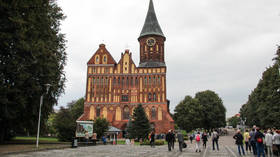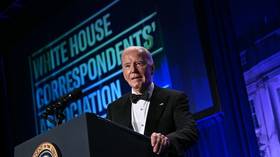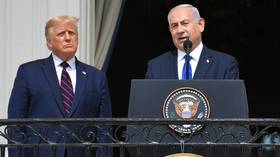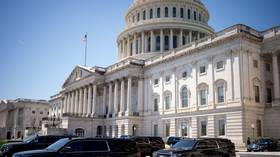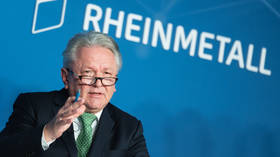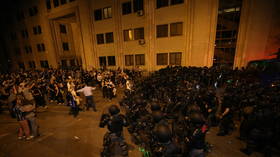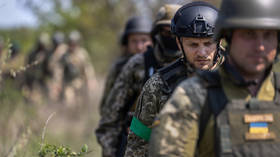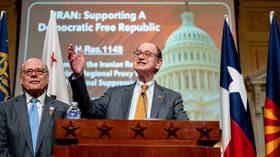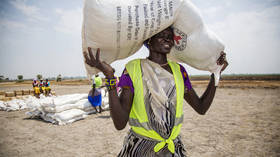EU considers lifting sanctions on some Russians – media
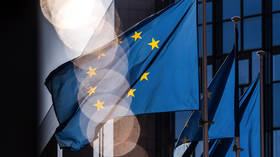
The EU is considering removing the restrictions it had imposed on some Russian nationals over the ongoing conflict between Moscow and Kiev, Bloomberg has reported, citing sources.
Some 40 Russians have sought to be removed from the sanctions list, with around 30 taking the matter to court and 10 others addressing the EU authorities directly, according to the news outlet. An unspecified number of these individuals may actually succeed in their effort, as EU lawyers have already admitted that some of the restrictions may have been imposed based on weak legal grounds.
The European Council’s legal service reportedly told EU ambassadors on Wednesday that some of the requests filed by the sanctioned Russians may have merit. The evidence supporting the restrictions against those individuals turned out to be either weak, too old, or outright false.
However, the number of Russians who may have the measures against them lifted represents only a fraction of the people targeted by the EU over the past few months. Since the beginning of the conflict between Russia and Ukraine, the bloc has targeted hundreds of high-profile Russians, including top officials, business leaders and their family members over their alleged role in the ongoing conflict.
Russia sent troops into Ukraine on February 24, citing Kiev’s failure to implement the Minsk agreements, designed to give the regions of Donetsk and Lugansk special status within the Ukrainian state. The protocols, brokered by Germany and France, were first signed in 2014. Former Ukrainian President Petro Poroshenko has since admitted that Kiev’s main goal was to use the ceasefire to buy time and “create powerful armed forces.”
In February 2022, the Kremlin recognized the Donbass republics as independent states and demanded that Ukraine officially declare itself a neutral country that will never join any Western military bloc. Kiev insists the Russian offensive was completely unprovoked.
